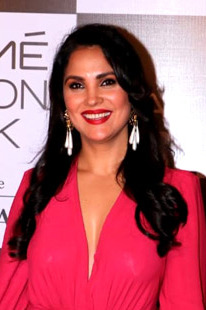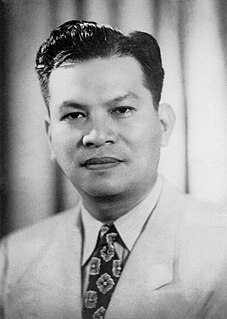A Quote by Suze Orman
Owning a home is a keystone of wealth - both financial affluence and emotional security.
Related Quotes
Potential home buyers have a two-step decision process. First, they determine whether they can afford to make a purchase - does their income safely cover their mortgage payment? Then they determine whether owning is a better financial choice than renting - are the costs of owning a home lower than the cost of renting it?
You can't have the space for prosperity and success when you are obsessed with security. It is not possible to obtain unwavering security - physical, emotional, or economic - by having money. Keep in mind that security, like success, can be defined in many ways. If you focus less on how much your financial assets are worth, and more on what a creative and well-balanced individual you can be, security will take on a new meaning.
We have a media that goes along with the government by parroting phrases intended to provoke a certain emotional response - for example, "national security." Everyone says "national security" to the point that we now must use the term "national security." But it is not national security that they're concerned with; it is state security. And that's a key distinction.
Wherever there is great property there is great inequality. For one very rich man there must be at least five hundred poor, and the affluence of the few supposes the indigence of the many. The affluence of the rich excites the indignation of the poor, who are often both driven by want, and prompted by envy, to invade his possessions.



































